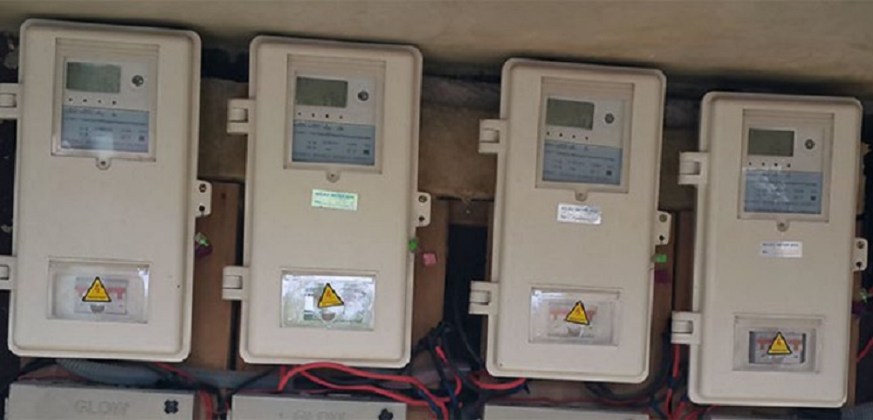The electricity distribution companies (DisCos) in the country have criticised the limits imposed by the Nigerian Electricity Regulatory Commission on estimated bills issued to customers without meters.
The Discos stated that the appropriations adopted by the regulator were incorrect, saying the capping of estimated bills was costing them N16.5bn to N22bn every month in revenue.
NERC had in late February announced that it had capped the estimated bills that could be issued by the Discos to unmetered customers.
The commission said all unmetered R2 and C1 customers should not be invoiced for the consumption of energy beyond the cap stipulated by it.
R2 customers are residential customers who consume more than 50 kilowatts/hour in a month (single-phase and three-phase), while C1 customers are small businesses (single and three-phase).
The Discos, in a joint document, said their revenue collections could not cover remittance expectations, in addition to capital and operational expenditure obligations.
They said, “On average, monthly billing before capping will drop by N1.85bn (from N6.68bn to 4.83bn). This will reduce Discos’ ability to achieve their revenue requirement
“On average, monthly collection before capping will drop by N1.02bn (from N3.42bn to N2.40bn). This will worsen Discos’ prevailing challenges with meeting their market remittance expectations.”
The power firms said to achieve the minimum remittance to the Nigeria Bulk Electricity Trading Plc and cover CAPEX and other costs, the monthly collection (less tax) would need to increase by N4.90bn.
“This will be difficult due to capped estimated billing in place,” they added.
The government-owned NBET purchases electricity in bulk from power generation companies through Power Purchase Agreements and sells through vesting contracts to the distribution companies, which then supply it to the consumers.
The Discos said, “The application of capped estimated billing, on the average, for most Discos, will result in magnitude of N1.5bn-2bn revenue loss per Disco per month.
“Capping of estimated bills leads to increased billing losses up to 20 – 35 per cent depending on the Disco.
“It reduces the incentives for consumers to get meters. It makes it impossible for any Disco to meet its minimum remittance obligations.”
According to them, the absence of legislation on energy theft and related offences is a major factor.
They said, “Considering the fact that remittance levels are already low, capping will exacerbate the liquidity situation.
READ ALSO: Passengers, crew may undergo COVID-19 tests before departure
“Capping of estimated bills when metering level is at 40 per cent is suicidal for the entire sector.”
The Discos proposed that capping of estimated bills should be introduced after a massive metering rollout over the next 18 months, given NERC’s previous approval period of three years under the Meter Asset Provider Regulation.
They added, “The assumptions used by NERC to cap estimated bills were incorrect. NERC should work with the Discos to improve the methodology on estimated billing during the 18-month window.
“Plugging the metering gap of over 6.5 million meters has been slow because NERC designed the MAP regulations with inappropriate meter pricing.”
According to them, the twin effects of the sudden increase in import duties of 35 per cent on meters and NERC’s wrong pricing frustrated the good intention of MAP.













